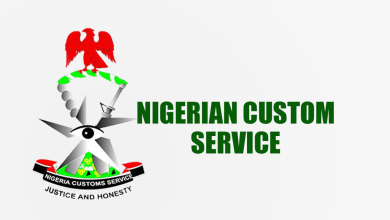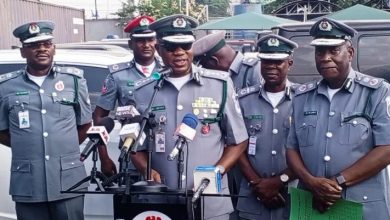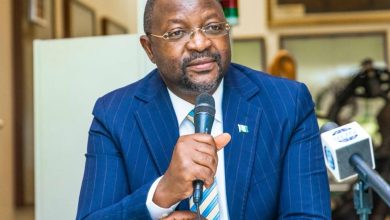Nigeria Police Targets Over ₦167 Billion Yearly from Tinted Glass Permits Amid Public Debate
The Nigeria Police Force has reintroduced tinted glass permits with enhanced security features, potentially earning over ₦167 billion yearly if all registered vehicles comply.
While officials tout improved enforcement and reduced harassment, Nigerians criticize the ₦14,200 annual fee as excessive, prompting calls for a policy review.
SEE ALSO: NBA Drags Police To Court Over Tinted Glass Permit Policy
The Nigeria Police Force (NPF) is projected to rake in hundreds of billions of Naira annually from the reintroduced tinted glass permit system, a move that has sparked both optimism and concern among Nigerians.
The NPF could generate approximately ₦167.56 billion every year if all 11.8 million registered vehicles in Nigeria obtain the necessary permits at the official cost of ₦14,200 each. This development follows the April 2025 announcement by Inspector-General of Police (IGP), Kayode Egbetokun, regarding the nationwide resumption of tinted glass permit issuance.
The new permit system is designed with advanced security features, including QR codes, unique serial numbers, and digital holograms. These additions aim to modernize the process and address longstanding challenges in enforcing the use of tinted windows while boosting national security.
The resumption of the permit regime comes nearly three years after it was suspended in June 2022. At the time, the police cited national security concerns, noting that many criminals were exploiting factory-fitted and after-market tinted windows to evade law enforcement or carry out illicit activities. The suspension was therefore seen as a temporary measure to curtail rising insecurity.
Now reinstated, the permit system seeks to balance security with public convenience. The Inspector-General of Police emphasized that the upgraded system is also intended to reduce the harassment of law-abiding motorists by overzealous officers, a recurring issue that has generated numerous complaints from citizens.
Despite the move being framed as a positive step towards structured enforcement and revenue generation, it has not gone without criticism especially concerning the proposed annual renewal fee.
Many Nigerians have taken to public forums to question the financial burden of renewing tinted permits yearly, in addition to other vehicle-related costs such as roadworthiness certificates, vehicle insurance, and registration with the Central Motor Registry (CMR).
“N14,200 is quite a sum to pay every year,” said Cyril Anyika, a Lagos-based motorist. “We already pay for roadworthiness, insurance, and CMR. Now we’re adding another yearly fee. It’s beginning to feel excessive.”
However, some industry players see the policy differently. Adeola Tokan-Lawal, Managing Director of AutofixR, argues that the cost is justifiable given the current realities of car ownership in Nigeria.
“Considering how much car values have increased, ₦14,200 for a yearly permit is relatively modest,” Tokan-Lawal stated. “A car that cost ₦1 million five years ago could now be valued at over ₦7 million. In that context, the permit fee is not unreasonable.”
In response to the outcry, the Nigeria Police has hinted at the possibility of a review. Force Public Relations Officer, Olumuyiwa Adejobi, acknowledged the growing concern and assured the public that the issue of yearly renewal is under official review.
“We are going to review it and speak on it officially,” Adejobi said, indicating that a final decision may still be in the works.
While the economic impact of the policy is evident potentially injecting over ₦160 billion into government revenue streams questions remain about affordability and transparency. Motorists and stakeholders alike are watching closely for further clarification on the renewal structure, enforcement mechanisms, and how funds generated will be utilized.
As Nigeria grapples with economic challenges, the debate around this initiative underscores the tension between innovative revenue strategies and public affordability, with many awaiting a balanced resolution that ensures both security and fairness for citizens.



